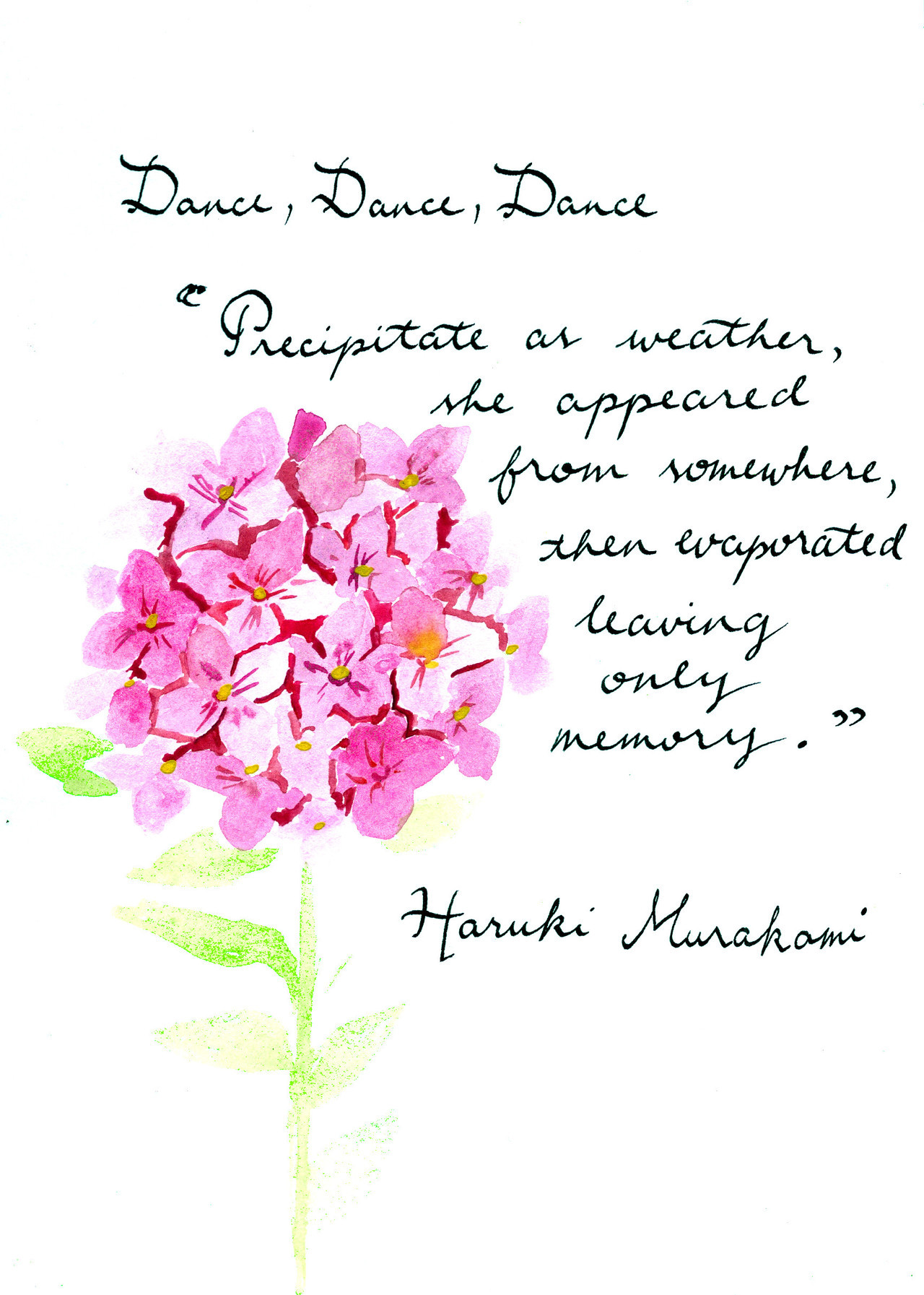

A woman’s place in society was once based on her being a daughter of her father and one of the In Yoruba, marriage is expected of each sex at the socially deemed appropriate age, women in their twenties and men in their thirties. Speaking of domestic roles, one interesting place to study is the Yoruba culture’s marriages and traditions in regards to gender roles. In a review of McIntosh’s book, another scholar Insa Nolte, concluded that, “Yoruba women adapted their skills to support more widespread cultural notions as well as continuing their domestic roles” (Nolte). According to McIntosh in her book Yoruba Women, Work, and Social Change, she summarizes that independent roles were played by women on agriculture and trade until colonial ideas about “female professions” changed the career paths of women (McIntosh).

I don’t think that they shifted negatively for women, I believe it gave women more opportunity to have careers that they wished. In Yoruba I found that as time has changed and more outside influences were in contact with the Yoruba, the more the gender roles in Yoruba shifted.

I found that in over sixteen countries people believe that men have the first right to jobs, that they believe males are more fit for political positions, and that women should have children to be fulfilled (Weziak-Bialowolska). Urn:oclc:843016077 Republisher_date 20120712120907 Republisher_operator Scandate 20120711181602 Scanner get these answer, I began to read about the differences in gender normality’s across different countries. OL2625414W Page-progression lr Page_number_confidence 96.32 Pages 410 Ppi 400 Related-external-id urn:isbn:0099448769 Access-restricted-item true Addeddate 17:06:15 Bookplateleaf 0010 Boxid IA102801 Camera Canon EOS 5D Mark II City Tokyo Edition 1st ed.


 0 kommentar(er)
0 kommentar(er)
